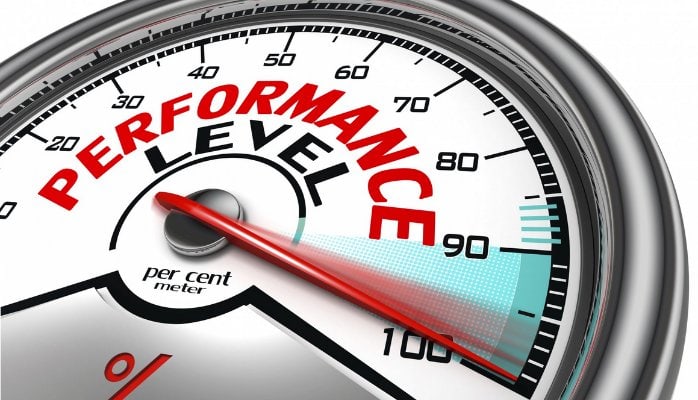The triple lock guarantee means state pensions are going up by 2.5% in April 2017 – unless you are an expat with a frozen pension
Retirees entitled to the flat rate state pension will see their payment go up from £155.65 a week to £159.55.
The increase makes pensioners with an index-linked payment £202.80 a year better off.
Their annual payment is boosted from £8,093.80 to £8,296.60.
Anyone receiving the basic state pension – which applies to those retired before April 6, 2016, also receive a 2.5% boost.
Their state pensions rise by £156 a year from £6,203.60 to £6, 359.60 from next April.
Tough for expats
However, the rise is not due to expats living in a country without a reciprocal welfare agreement with the UK.
Pensioners in these countries will see their pension to continue to be frozen at the level of the first payment made to them.
For example, a single expat first paid the state pension in 1990 still receives £46.90 a week if they live in a country without the reciprocal agreement.
The triple lock started in 2012 and guarantees the state pension will rise by the lowest of annual increases in inflation, wages or 2.5%.
However, the triple lock is likely to be scrapped in 2020, after Chancellor Philip Hammond mentioned the policy will be up for review at the end of the current Parliament.
Earnings match guarantee
MPs, including the powerful Commons Work and Pensions Committee, have called for the scrapping of the triple lock.
They argue that the guarantee is too expensive and will spiral in cost to an extra £4.5 billion a year for the government to find by 2021.
The triple lock and state pension already cost Britain 5.3% of GDP to finance each year. This will rise to 7.2% by 2046.
Tom McPhail, Head of Retirement Policy at pension firm Hargreaves Lansdown, explained earnings growth matched the 2.5% triple lock guarantee this year.
“Earnings growth happens to have landed bang on 2.5%, thereby making the third element of the triple lock redundant this year. There is a fair bet that this time next year, it’ll be inflation hitting the highest number,” he said.
